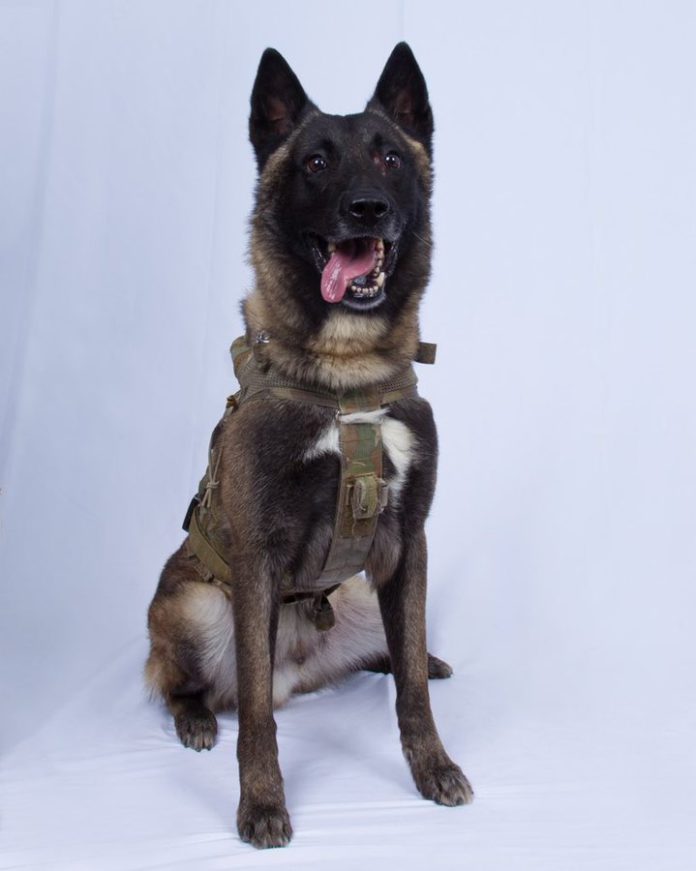A UK trial to see whether specialist medical sniffer dogs can detect coronavirus in humans is set to begin.
The dogs are already trained to detect odours of certain cancers, malaria and Parkinson’s disease by the charity Medical Detection Dogs.
The first phase of the trial will be led by the London School of Hygiene & Tropical Medicine, along with the charity and Durham University.
It has been backed with £500,000 of government funding.
Innovation minister Lord Bethell said he hoped the dogs could provide “speedy results” as part of the government’s wider testing strategy.
The trial will explore whether the “COVID dogs” – made up of Labradors and cocker spaniels – can spot the virus in humans from odour samples before symptoms appear.
It will establish whether so-called bio-detection dogs, which could each screen up to 250 people per hour, could be used as a new early warning measure to detect Covid-19 in the future.
The first phase will involve NHS staff in London hospitals collecting odour samples from those infected with coronavirus and those who are uninfected.
Samples of breath and body odour could come from a number of sources, including used face masks.
Six dogs – Norman, Digby, Storm, Star, Jasper and Asher – will then go through training to identify the virus from the samples.
The charity said the training could take as little as six to eight weeks.
After an initial trial phase of three months, the government will decide where it believes the dogs will be most useful.
One possibility is that they could be used at points of entry into the country, such as airports, to detect potential carriers of the virus. The dogs could also be used at testing centres, as another form of screening alongside swab tests.
More than 10 years of research gathered by Medical Detection Dogs has shown the dogs can be trained to sniff out the odour of disease at the equivalent dilution of one teaspoon of sugar in two Olympic-sized swimming pools of water.
Dr Claire Guest, the charity’s co-founder and chief executive, said she was “sure our dogs will be able to find the odour of Covid-19”.
If that proves to be the case, the dogs will then move into a “second phase to test them in live situations, following which we hope to work with other agencies to train more dogs for deployment”, she said.
Dogs have previously been trained to detect malaria from “foot odour samples” – in this case, nylon socks worn by apparently healthy children in the Gambia.
Prof James Logan, from the London School of Hygiene and Tropical Medicine, said: “Our previous work has shown that malaria has a distinctive odour, and with medical detection dogs, we successfully trained dogs to accurately detect malaria.
“This, combined with the knowledge that respiratory disease can change body odour, makes us hopeful that the dogs can also detect Covid-19.”
The researchers have also successfully trained dogs to detect cancer and Parkinson’s disease in humans.

